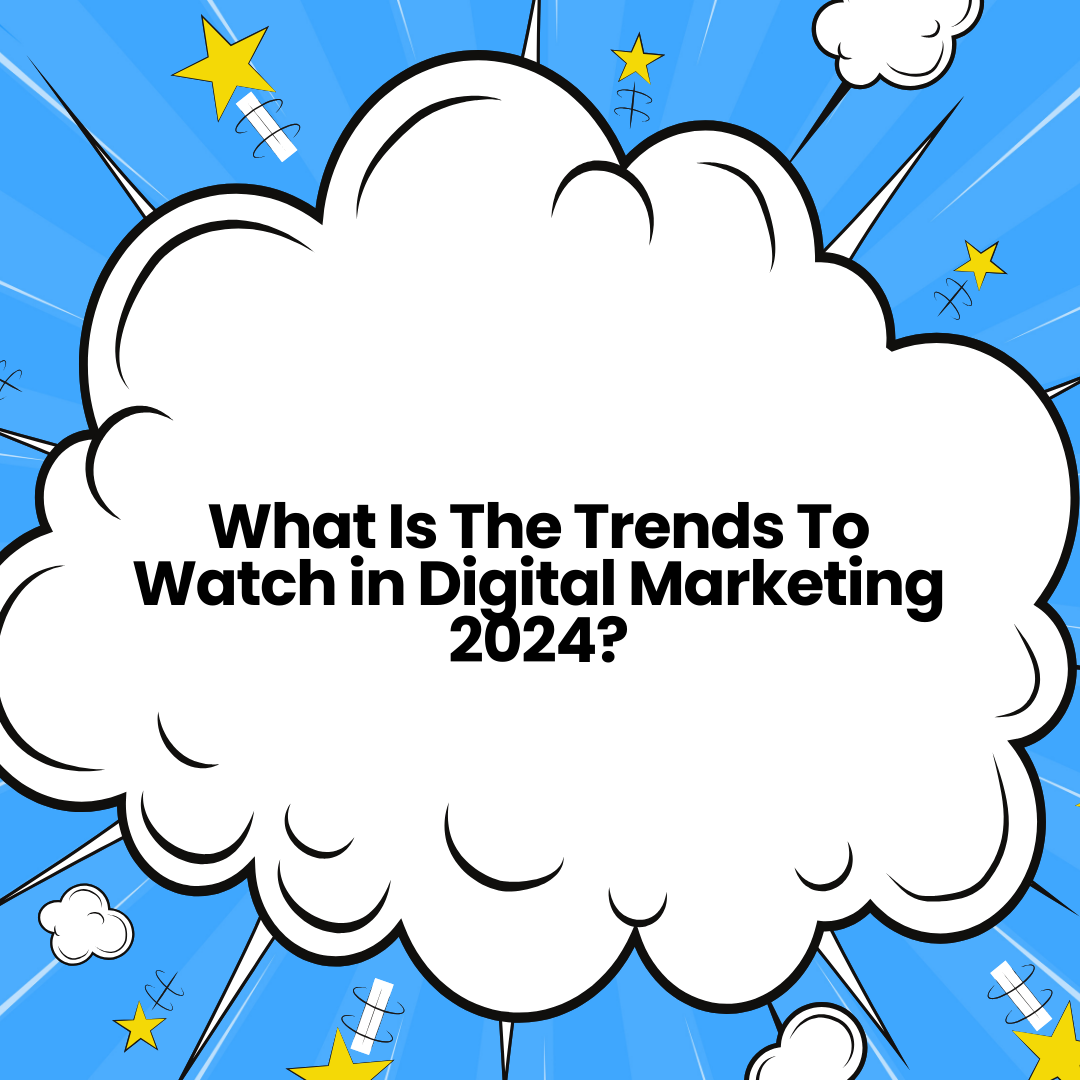Digital marketing is an ever-evolving landscape, with new trends emerging each year that redefine how businesses connect with their audiences. As we move through 2024, several key trends are shaping the future of digital marketing. Here’s a look at the most significant trends to watch and how they can transform your marketing strategy.
a) The Surge of AI-Powered Marketing
Artificial Intelligence (AI) continues to revolutionize digital marketing by providing deeper insights and more personalized experiences. AI-powered tools can analyze vast amounts of data to predict consumer behavior, optimize ad spend, and automate customer interactions.
Trend: AI chatbots are becoming more sophisticated, offering 24/7 customer service and personalized recommendations. AI-driven content creation tools are also gaining popularity, helping marketers generate high-quality content quickly.
Impact: Brands can deliver more relevant and timely content, improve customer satisfaction, and increase efficiency in marketing operations.
b) The Rise of Short-Form Video Content
Short-form video content is taking center stage in digital marketing. Platforms like TikTok, Instagram Reels, and YouTube Shorts are growing rapidly, driven by the demand for quick, engaging, and easily digestible content.
Trend: Brands are leveraging short-form videos for product teasers, behind-the-scenes looks, and user-generated content campaigns. These videos are designed to capture attention quickly and drive higher engagement rates.
Impact: Short-form videos enhance brand visibility and engagement, especially among younger audiences who prefer quick, snackable content.
c) Influencer Marketing 2.0
Influencer marketing is evolving beyond traditional partnerships with macro-influencers. Micro and nano-influencers, who have smaller but highly engaged audiences, are becoming more valuable to brands.
Trend: Brands are focusing on long-term partnerships with influencers to build more authentic relationships and consistent messaging. Additionally, virtual influencers and AI-generated personas are starting to emerge.
Impact: This shift leads to higher engagement rates, greater authenticity, and more cost-effective influencer marketing strategies.
d) The Importance of Social Commerce
Social commerce is growing as social media platforms integrate shopping features directly into their apps. Consumers can now discover and purchase products without leaving their favourite social media platforms.
Trend: Features like Instagram Shopping, Facebook Shops, and Pinterest’s Buyable Pins are making it easier for brands to turn social interactions into sales. Livestream shopping events are also gaining traction.
Impact: Social commerce reduces friction in the buying process, increases impulse purchases, and provides a seamless shopping experience.
e) Privacy-First Marketing
With increasing concerns about data privacy, marketers are adapting to new regulations and shifting towards privacy-first strategies. This includes the phasing out of third-party cookies and a greater emphasis on first-party data collection.
Trend: Brands are investing in transparent data practices and prioritizing customer consent. They are also exploring alternative tracking methods, such as contextual advertising and AI-driven insights.
Impact: While this shift challenges traditional targeting methods, it fosters greater trust and loyalty among consumers who value their privacy.
f) The Growth of Voice Search and Smart Speakers
Voice search is becoming more prevalent as smart speakers and voice assistants like Amazon Alexa, Google Assistant, and Apple Siri become household staples. Consumers are using voice search for everything from finding local businesses to making purchases.
Trend: Optimizing content for voice search is critical, including using natural language, answering common questions, and providing concise information. Voice commerce is also on the rise, with more consumers making purchases through voice-enabled devices.
Impact: Brands that optimize for voice search can improve their visibility, drive more traffic, and provide a better user experience.
g) The Evolution of SEO
Search Engine Optimization (SEO) is constantly evolving with updates to search engine algorithms and changes in user behavior. In 2024, SEO is focusing more on user intent, content quality, and technical optimization.
Trend: Core Web Vitals and user experience (UX) are crucial ranking factors. Visual search, where users search using images instead of text, is also gaining momentum.
Impact: A strong SEO strategy that prioritizes user experience and high-quality content can lead to better rankings, increased organic traffic, and higher conversion rates.
Conclusion
Staying ahead in digital marketing requires a keen eye on emerging trends and a willingness to adapt. By embracing AI-powered tools, short-form video content, influencer marketing, social commerce, privacy-first strategies, voice search optimization, and evolving SEO practices, brands can navigate the future of digital marketing with confidence. Keep experimenting, stay agile, and be ready to evolve with the ever-changing digital landscape. If there’s any help needed, feel free to reach out to us!

